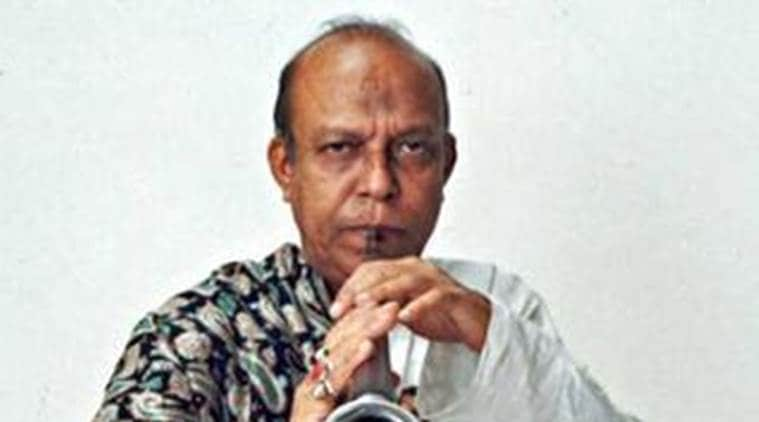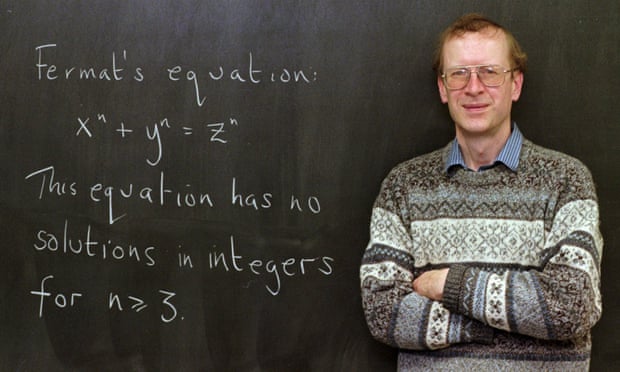Shehnai exponent Ustad Ali Ahmad Hussain Khan died
 Eminent Shehnai exponent Ustad Ali Ahmad Hussain Khan died on 16 March 2016 in Kolkata. He was 77.
Eminent Shehnai exponent Ustad Ali Ahmad Hussain Khan died on 16 March 2016 in Kolkata. He was 77.
• Ustad Khan was known as one of the best-known players of the instrument after the legendary Bismillah Khan (1916-2006).
• He was from a family of renowned shehnai exponents. His grandfather Wazir Ali Khan, father Ali Jan Khan and uncle Nazir Hussain Khan were also renowned shehnai specialists.
• In fact, Wazir Ali Khan was the first to demonstrate Indian classical music on shehnai at Buckingham Palace.
• He was famously known for his innovative style and mastery over the classical and semi-classical and folk music repertoire.
• He, along with sitar maestro Pandit Ravi Shankar, played Shehnai at the inauguration ceremony of Doordarshan in 1973. He also rendered its signature tune.
• He was a top-graded artiste of All India Radio (AIR) and taught in the ITC Sangeet Research Academy in Kolkata.
• His concert tours have included countries like United Kingdom, Germany, Switzerland, Netherlands, France, etc.
• In 2010, he was felicitated with the Sangeet Natak Akademi Award for his contribution to Hindustani instrumental music.
• In 2012, he was felicitated with the Bangabhushan Award by the Government of West Bengal
 CLEAR
CLEAR



-0241d22f23834.png)



 An unmanned spacecraft named ExoMars 2016 was successfully launched jointly Europe and Russia to search for biosignatures on Mars (or Martian life) in past or present.
An unmanned spacecraft named ExoMars 2016 was successfully launched jointly Europe and Russia to search for biosignatures on Mars (or Martian life) in past or present.  British mathematician Sir Andrew Wiles on 15 March 2016 was named as the winner of the 2016 Abel Prize by the Norwegian Academy of Sciences and Letters in Oslo.
British mathematician Sir Andrew Wiles on 15 March 2016 was named as the winner of the 2016 Abel Prize by the Norwegian Academy of Sciences and Letters in Oslo. The International Labour Organisation (ILO) on 14 March 2016 announced that around 90 percent of domestic workers in the world are excluded from social protection.
The International Labour Organisation (ILO) on 14 March 2016 announced that around 90 percent of domestic workers in the world are excluded from social protection. Union Government on 15 March 2016 imposed anti-dumping duty of up to 44.7 percent on import of plastic-processing machines for five years.
Union Government on 15 March 2016 imposed anti-dumping duty of up to 44.7 percent on import of plastic-processing machines for five years.  India ranked 118th out of 157 countries on the United Nations’ World Happiness Index (WHI) 2016. It was revealed by the fourth World Happiness Report 2016 published by the Sustainable Development Solutions Network (SDSN), a global initiative for the UN.
India ranked 118th out of 157 countries on the United Nations’ World Happiness Index (WHI) 2016. It was revealed by the fourth World Happiness Report 2016 published by the Sustainable Development Solutions Network (SDSN), a global initiative for the UN. 




